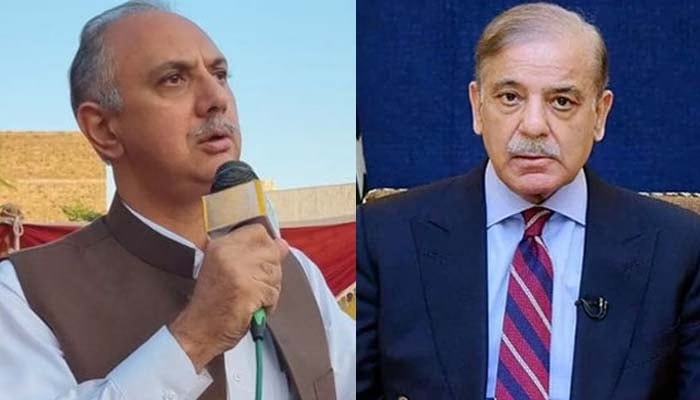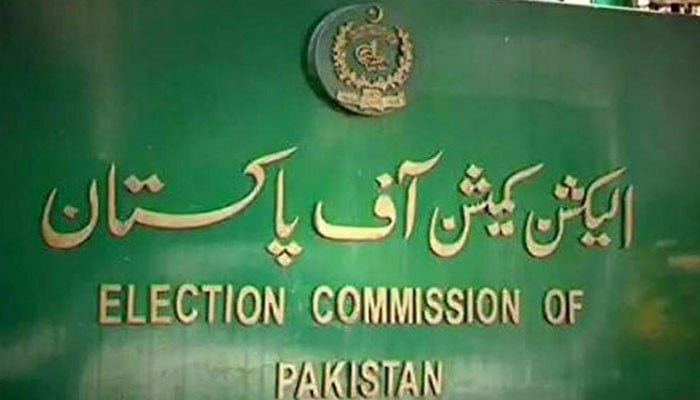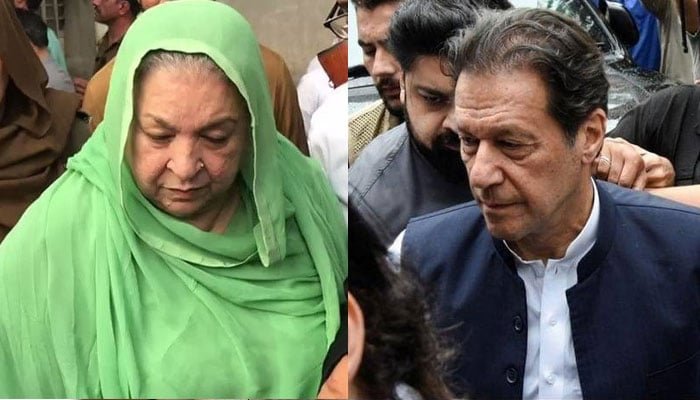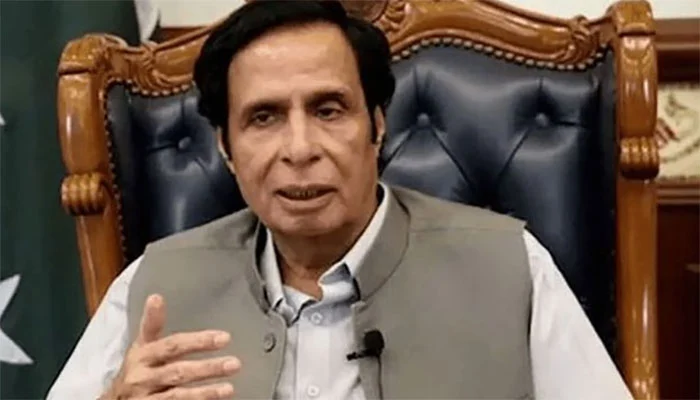In a significant move aimed at fostering political consensus, Prime Minister Shehbaz Sharif has formally invited Opposition Leader Omar Ayub to a meeting for consultations regarding the appointment of the Chief Election Commissioner (CEC) and two members of the Election Commission of Pakistan (ECP).
According to an official letter addressed to Omar Ayub, the Prime Minister highlighted that the tenure of the current Chief Election Commissioner and two ECP members expired on January 26, 2025. In accordance with Article 218 of the Constitution of Pakistan, the Prime Minister emphasized the constitutional obligation to finalize nominations for these key positions through mutual consultation, followed by submission of names to the parliamentary committee responsible for final appointments.
PM’s Letter Underscores Urgency and Constitutional Duty
The Prime Minister’s letter, dated May 16, clearly states the importance of bipartisan dialogue in ensuring the continuity and integrity of the country’s electoral oversight body. “The term of the Chief Election Commissioner and two members expired on January 26. Therefore, I am inviting you for a consultation meeting to discuss and finalize the names for appointment,” wrote Shehbaz Sharif.
He further reiterated that the process is a constitutional requirement, and any delay in the appointments may hinder the smooth functioning of democratic processes in the country.
Opposition Leader Signals Willingness to Engage
In response to the Prime Minister’s invitation, Omar Ayub, who leads the opposition in the National Assembly, confirmed receipt of the letter and expressed PTI’s readiness to engage in the consultation process.
“The Prime Minister has sent a letter dated May 16 inviting consultation on the appointment of the Chief Election Commissioner and two members. The Pakistan Tehreek-e-Insaf (PTI) is prepared for this constitutional consultation,” Omar Ayub stated, signaling a rare moment of political cooperation amidst otherwise tense relations between the government and opposition.
Context: Why These Appointments Matter
The Election Commission of Pakistan plays a critical role in upholding the country’s democratic framework. It is tasked with:
- Conducting free and fair elections
- Ensuring transparency in electoral processes
- Overseeing electoral reforms
- Managing voter rolls and delimitation of constituencies
With general elections expected in the coming years, the prompt and transparent appointment of the Chief Election Commissioner and members is seen as essential to maintaining public trust in the electoral process. Delays or disputes over appointments can lead to constitutional deadlock and questions about the legitimacy of upcoming elections.
A Test for Political Maturity
Observers note that this engagement between the Prime Minister and the Opposition Leader could be a litmus test for political maturity in Pakistan. With increasing public pressure on all parties to put aside their differences for national interests, this dialogue presents a much-needed opportunity to demonstrate democratic responsibility and unity.
The last few years have seen heightened polarization between the ruling coalition and the PTI, with multiple walkouts, protests, and even arrests of opposition figures. However, the smooth appointment of new ECP members through bipartisan consensus may help ease tensions and send a positive signal both domestically and internationally.
While no date has been finalized for the consultation meeting as of yet, insiders suggest that both parties are likely to nominate names for consideration in the coming days. Once mutual consensus is achieved, a list of nominees will be forwarded to the parliamentary committee on appointments, which will then finalize the selections.
This process will be closely watched by political analysts, civil society, and electoral watchdogs, all of whom have stressed the need for merit-based, transparent, and non-controversial appointments to ensure the credibility of the ECP.
As Pakistan navigates a complex political landscape, this development offers a glimmer of hope that constitutional mechanisms and dialogue can still function as intended, paving the way for a more stable and cooperative democratic future.



